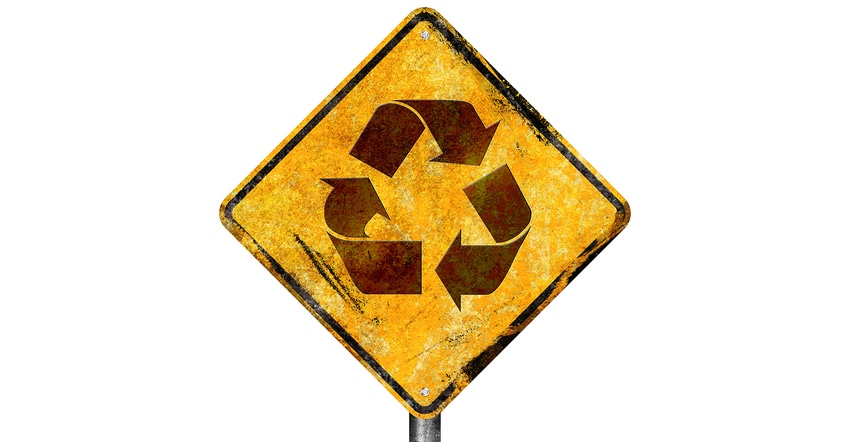Agilyx Clocks 16,000 Commercial Operating Hours at Oregon Chemical Recycling Plant
During that time, Agilyx has converted more than 4,400 tons of mixed-waste plastic and polystyrene waste.
July 5, 2021

Finally, a press release I’ve long dreamed of receiving! Agilyx Corp., a wholly owned subsidiary of Oslo-based Agilyx AS, announced that it has surpassed 16,000 hours of commercial operations at its certified chemical recycling operations in Tigard, OR. This has been achieved by using both mixed-waste plastic (when the unit was 100% owned by Agilyx) and polystyrene, which is the current mode of operation at the plant. It now forms part of the Regenyx joint venture with AmSty.
In its 16,000 hours of operations, Agilyx has converted more than 4,400 tons, or 8.9 million pounds, of mixed-waste plastic and polystyrene waste. All of the waste has been sourced directly by Agilyx utilizing the feedstock management program that has since been incorporated into the Cyclyx joint venture, the company said in its announcement.
“We are very proud of our team and our company for reaching this milestone,” said Tom Stedman, CEO of Agilyx. “This is proof-positive that the model for plastic circularity is not only valid but achievable. Ongoing projects with our various partner companies will soon demonstrate that it is also highly scalable, which will help us in our commitment to solve the problem of plastic waste.”
Founded in 2004 in Longview, WA, as Plas2Fuel, Agilyx expanded to Oregon in 2009. In 2018 the company built its first post-use polystyrene-to-styrene-monomer facility.
Agilyx was an “early leader” in the advanced recycling of difficult-to-recycle post-use plastics, said the company. “With Agilyx’s chemical recycling technology, mixed plastic waste or streams of discrete post-use plastics, such as polystyrene, can be converted into new virgin-equivalent plastics, as well as chemical products and fuels, creating the opportunity for true circularity.”
Congratulations to Agilyx. I’d like to hear from more of these advanced recycling companies regarding the number of tons of waste plastic they’ve removed from the environment to produce actual products for sale.
About the Author(s)
You May Also Like




